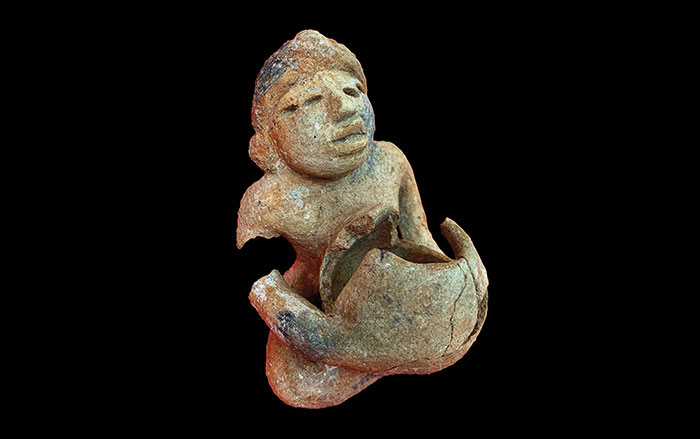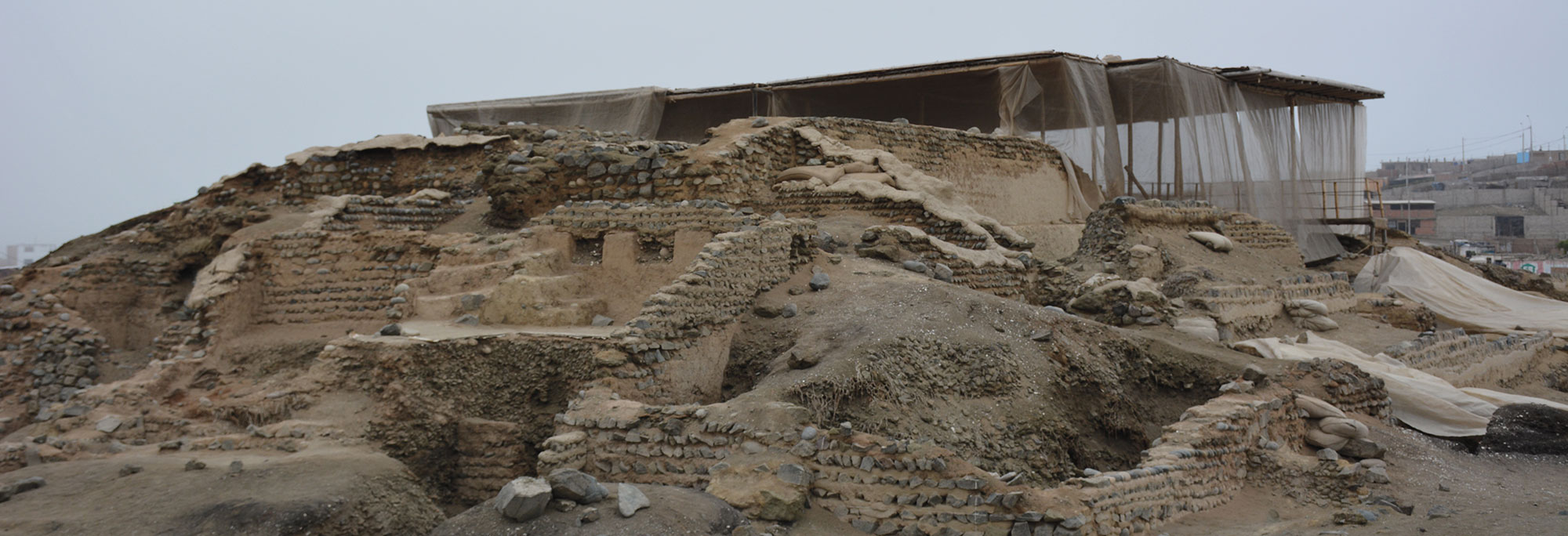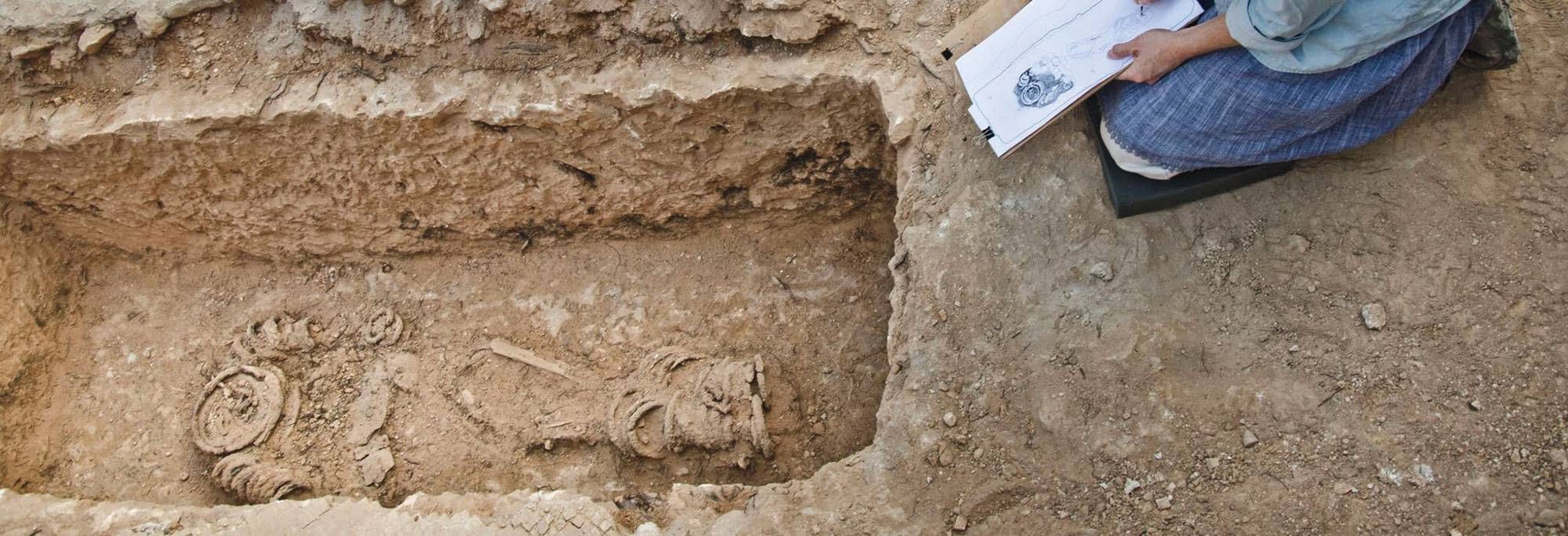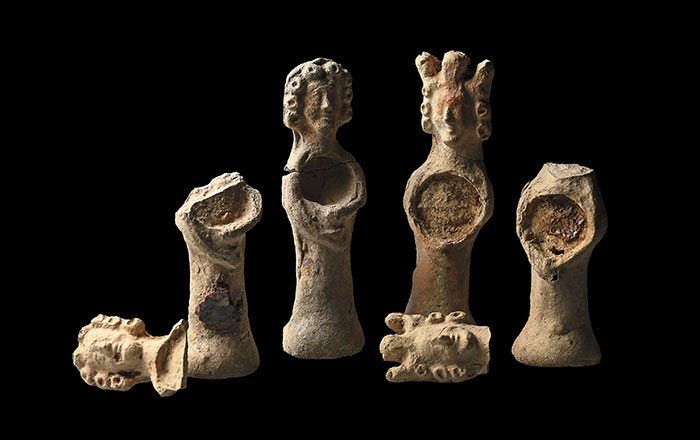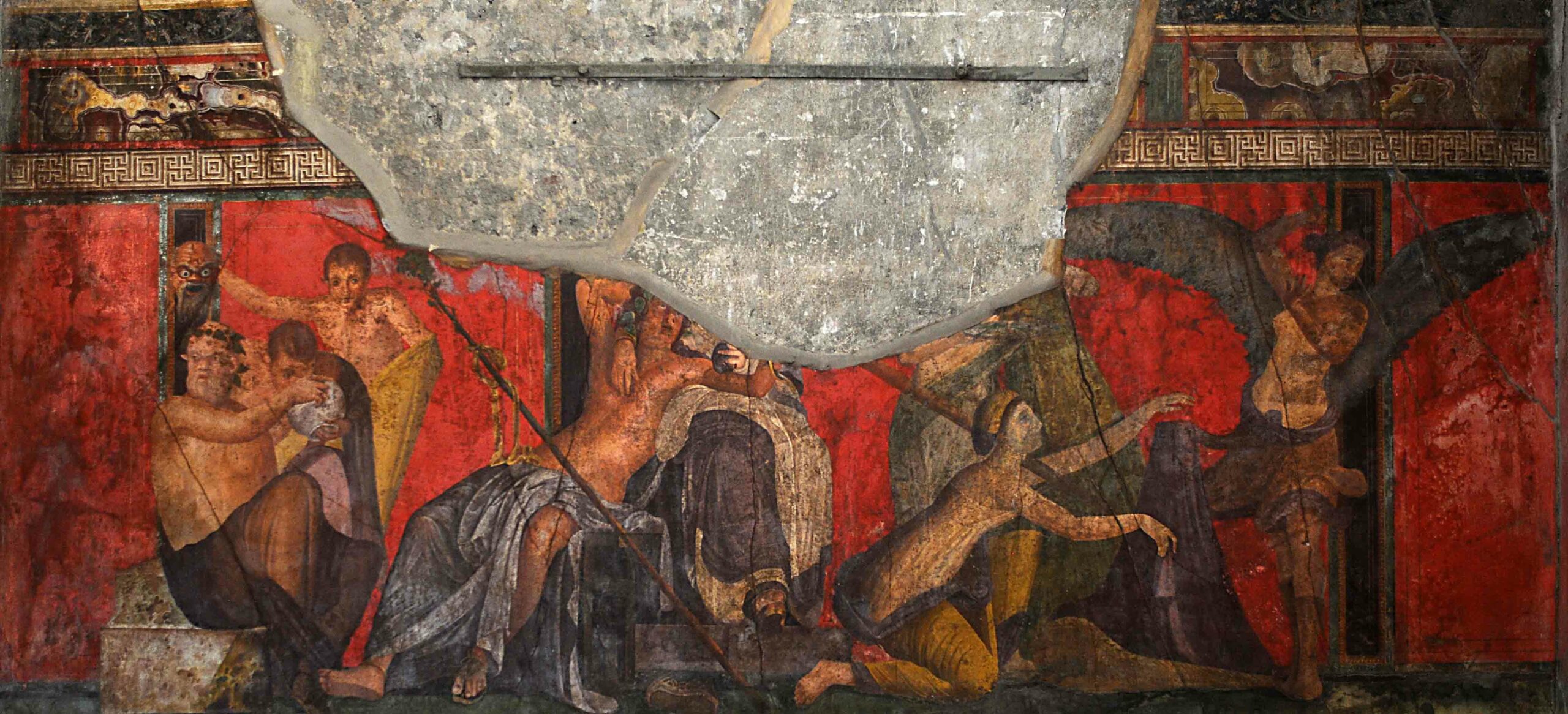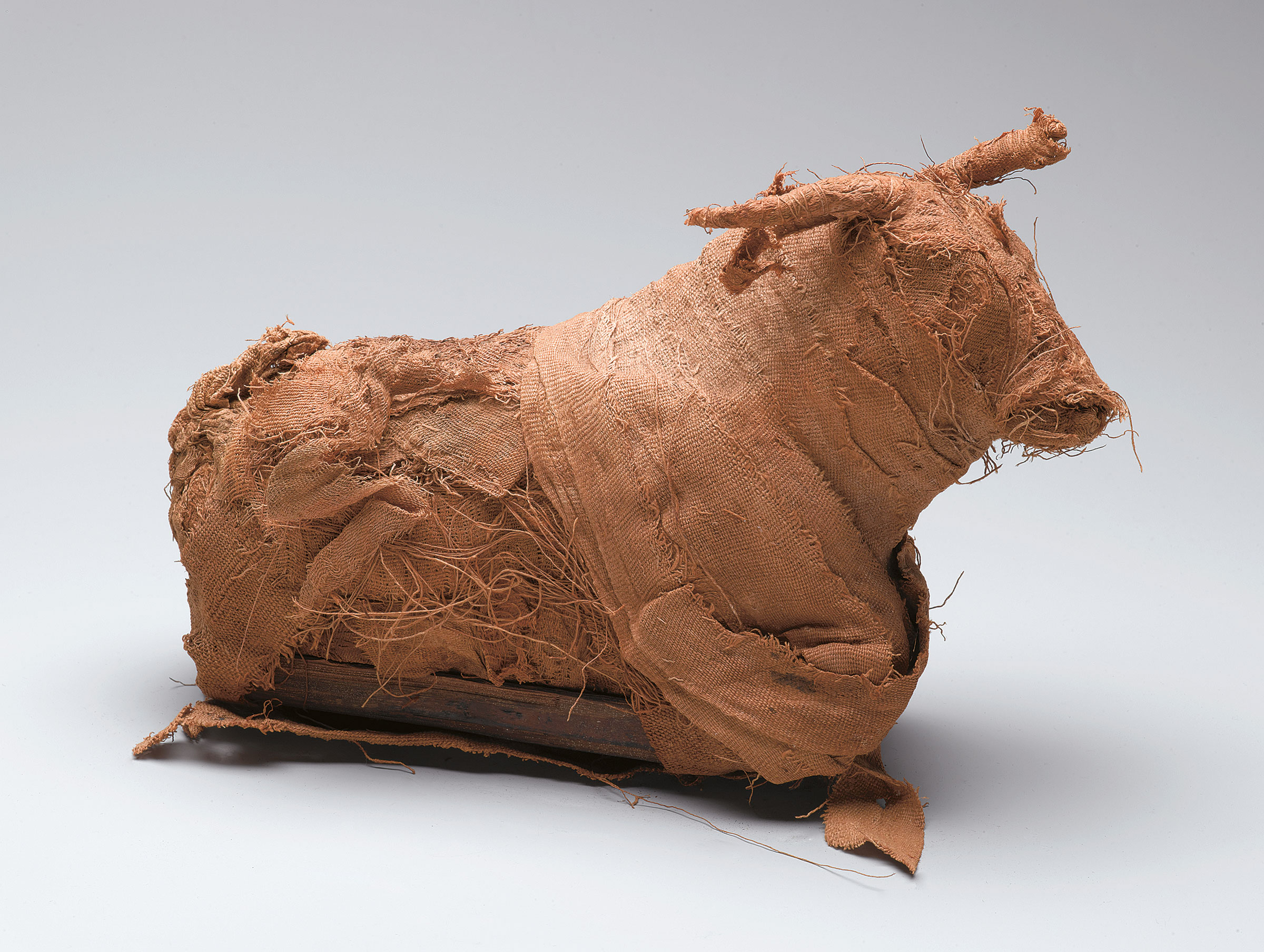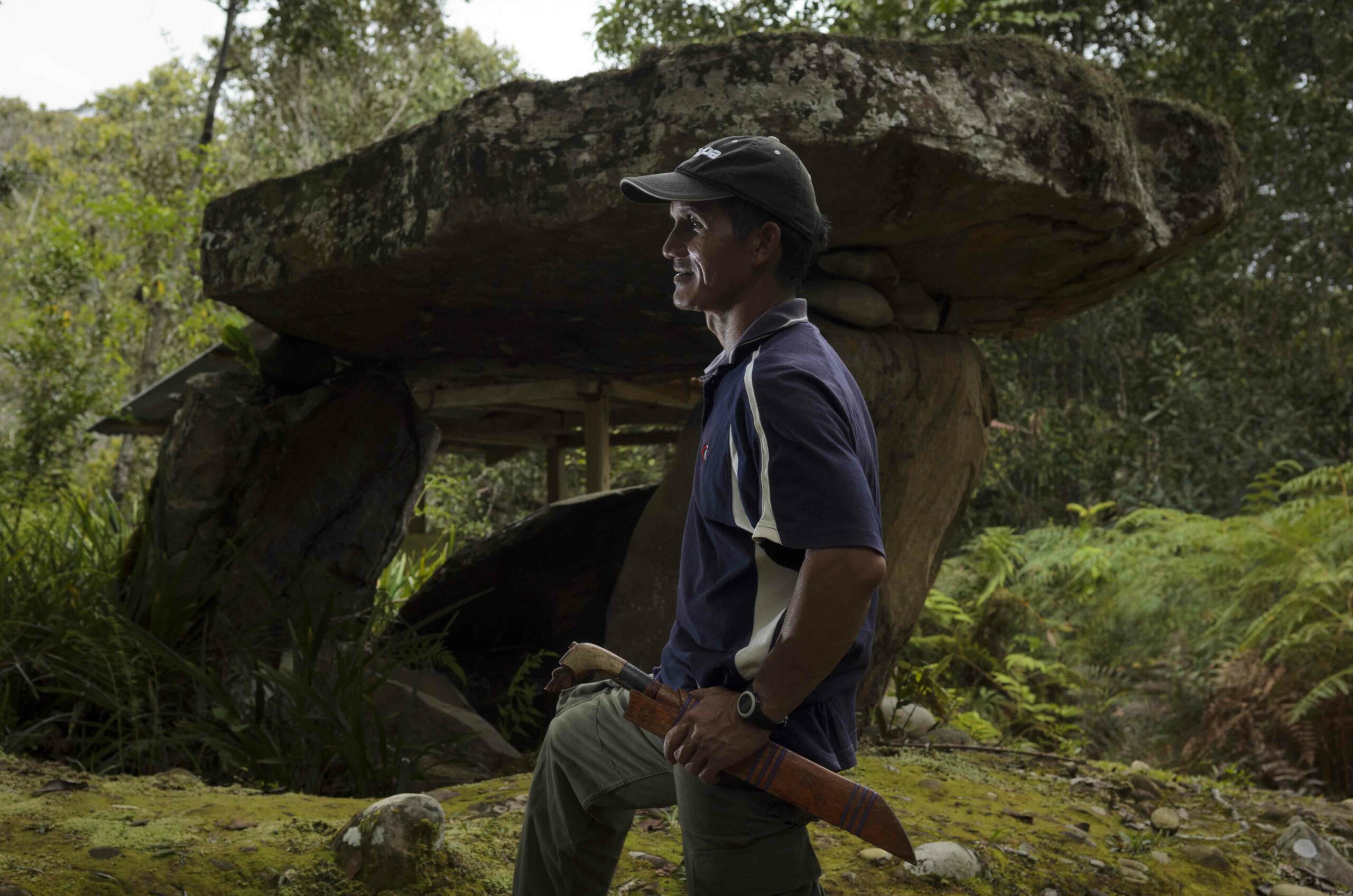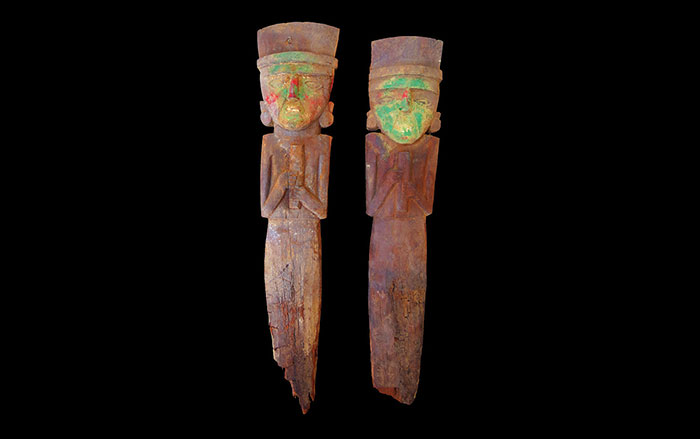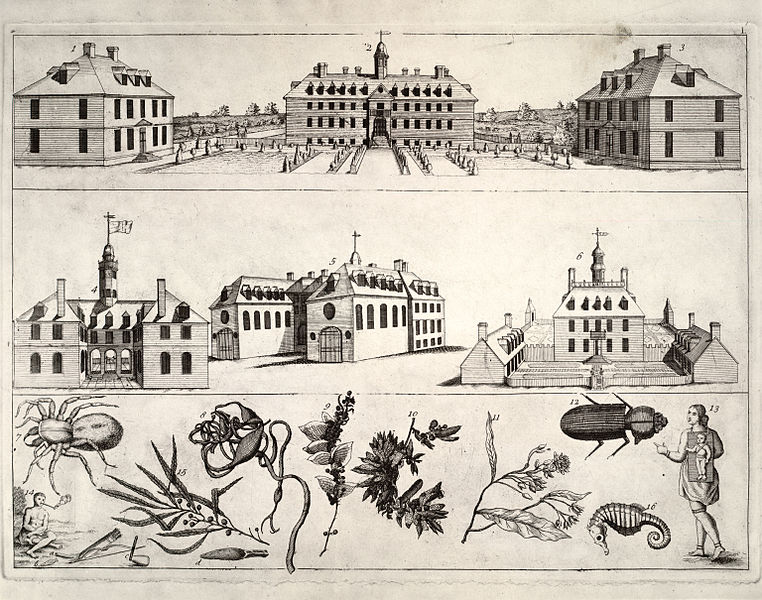
WILLIAMSBURG, VIRGINIA—When the capital of colonial Virginia was moved from Jamestown to Williamsburg in 1699, Duke of Gloucester Street, the main thoroughfare through the town, was designed to reflect the power and order of the British crown. The plan required, however, the long, straight street be constructed over ravines and gullies that had to be filled in and drained. “The most heroic work was probably done early in the century. But this was a very long campaign that started off with public projects and ended with private efforts,” Edward Chappell, director of Colonial Williamsburg’s department of architectural and archaeological research, told The Daily Press.


